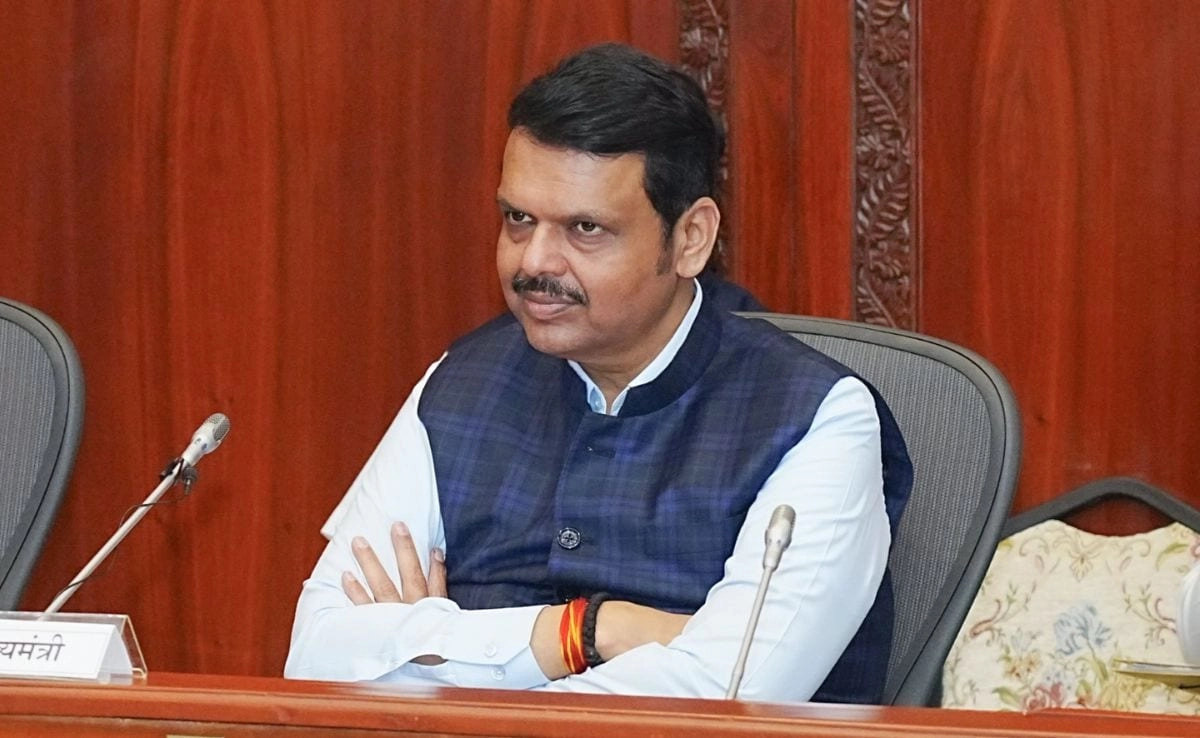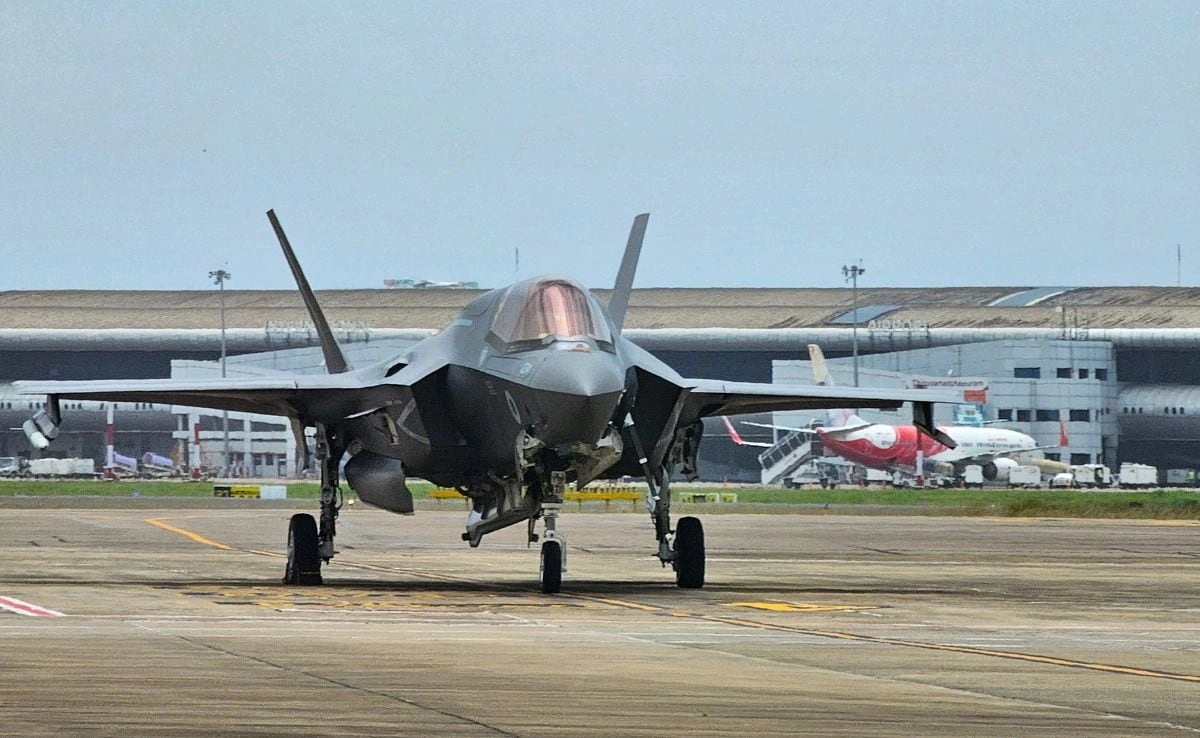In recent developments, the Indian government has taken a firm stance regarding the Pahalgam attack, which has raised significant concerns about communal harmony in the region. The Centre has officially identified the motives behind this incident, emphasizing that the attack was aimed at provoking communal discord. This revelation underscores the broader implications of such violent acts, which often seek to exploit existing tensions between communities and destabilize the social fabric of the area.
The Pahalgam attack, which occurred in a region known for its scenic beauty and peaceful coexistence of various communities, has been condemned across the board. Authorities have highlighted that the incident was not merely an act of violence but a calculated effort to incite fear and mistrust among different religious groups. The Centre’s response has been to reinforce its commitment to maintaining peace and security, urging citizens to remain vigilant against attempts to sow division. This includes a call for unity among communities to counteract the divisive narratives that such attacks promote.
Furthermore, the government’s focus on communal harmony is critical in a diverse nation like India, where various cultures and religions coalesce. The significance of the Pahalgam attack lies not just in its immediate impact but also in its potential to ignite larger conflicts if left unaddressed. By publicly stating the intentions behind the attack, the Centre aims to discourage similar future incidents and reassure the public of its dedication to protecting communal integrity. The challenge now lies in fostering dialogue and understanding among communities to build resilience against communal strife.
In conclusion, the Pahalgam attack serves as a somber reminder of the fragile nature of communal relations in society. The Centre’s identification of the attack’s aims reflects a proactive approach to mitigating the risks associated with communal discord. As the nation moves forward, it is imperative for all citizens, leaders, and communities to work collaboratively towards a peaceful coexistence, ensuring that the spirit of unity prevails over division.




